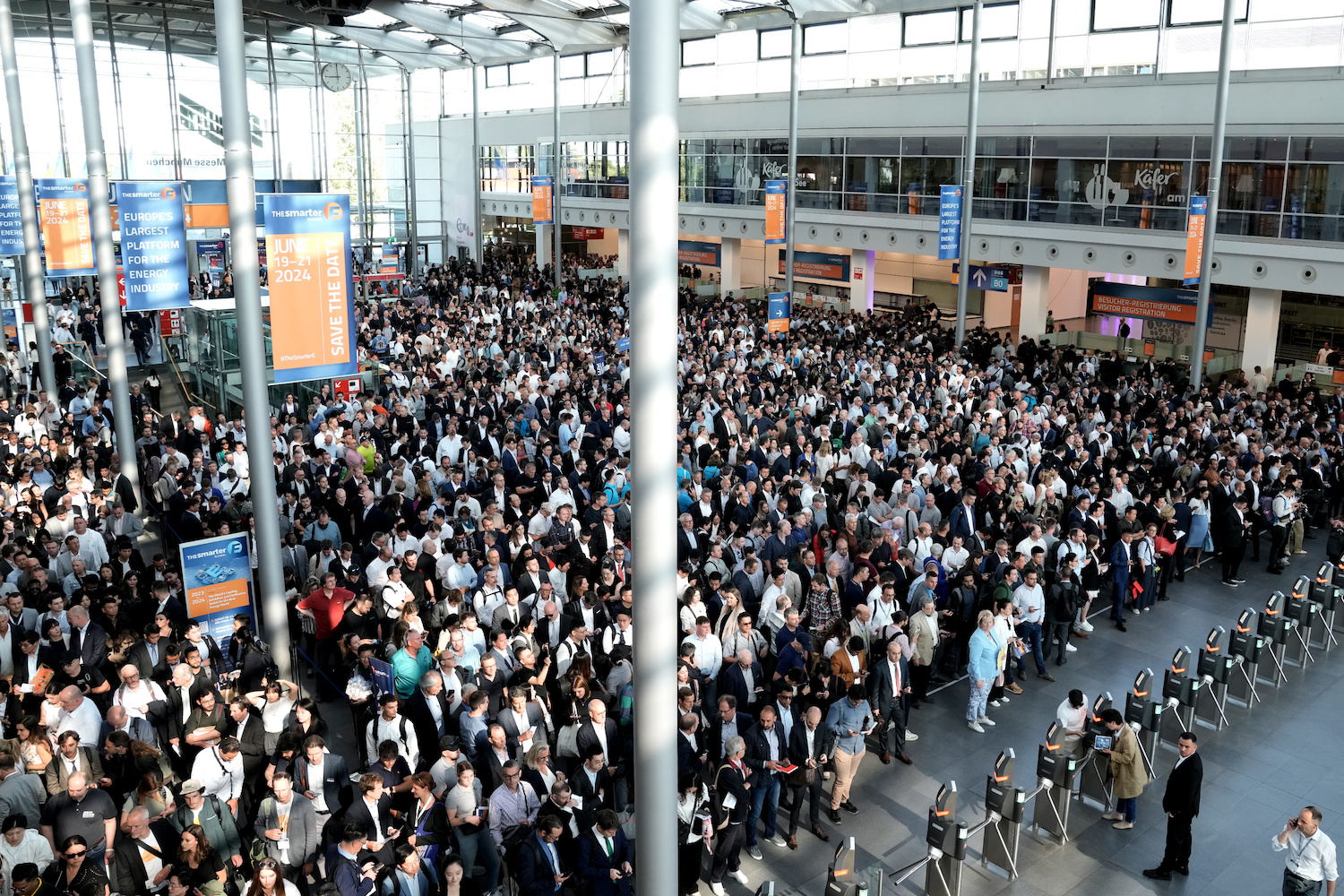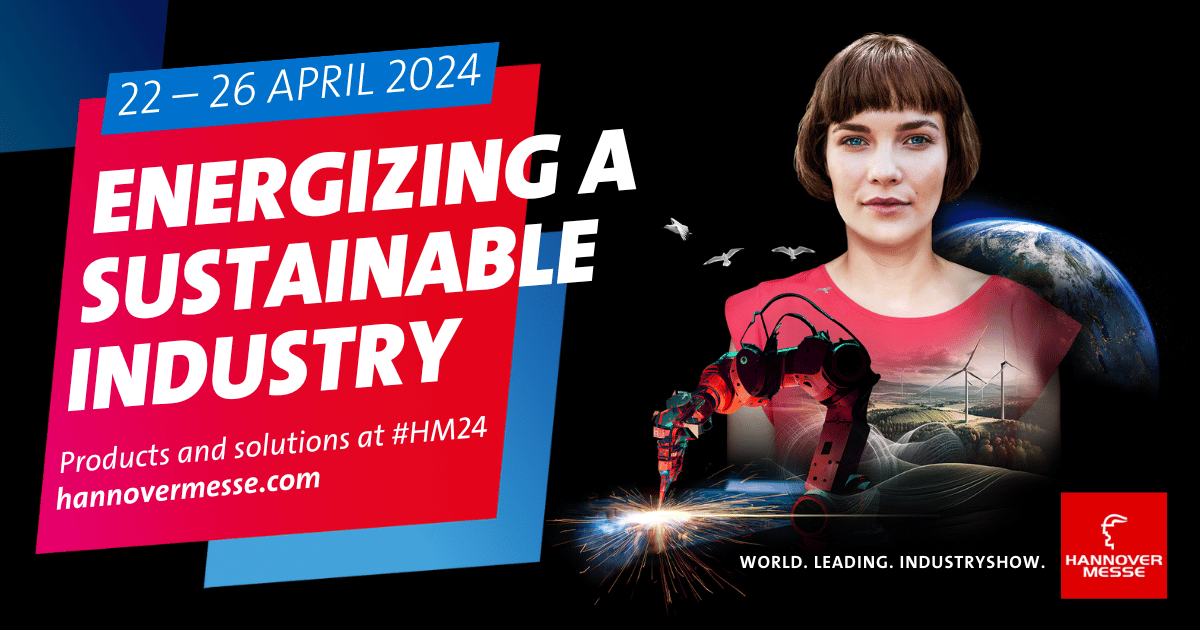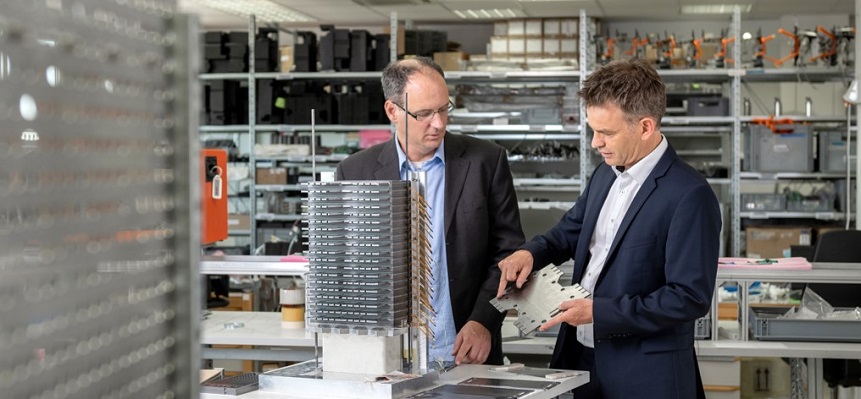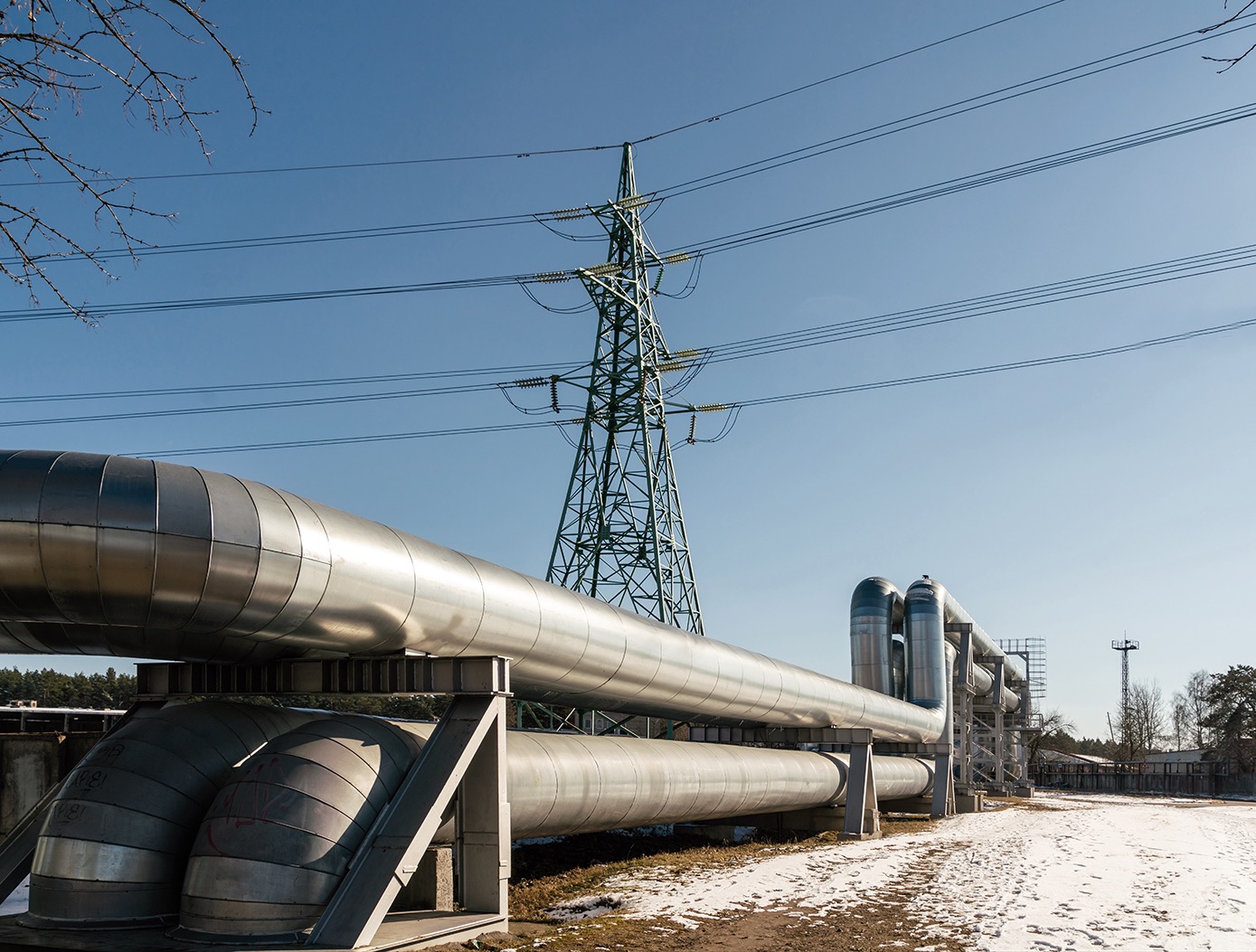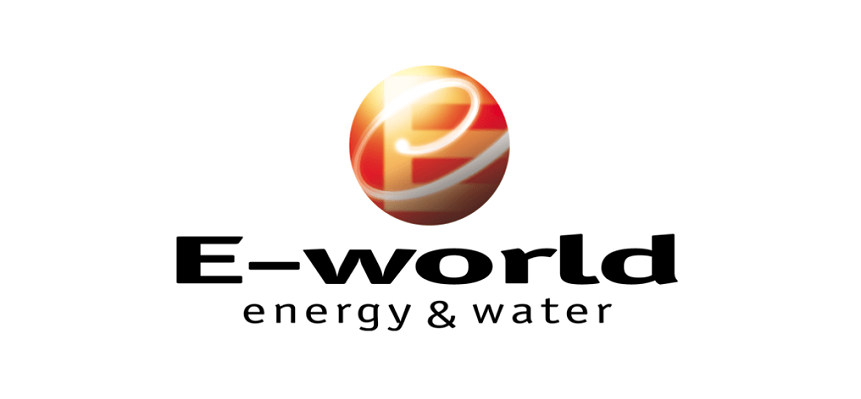– Trade fair visitors with a high need for information on climate-friendly energy sources
– Energy from green hydrogen is very popular in business and industry
SIQENS, a leading supplier of methanol fuel cells and a pioneer in technologies for electrochemical hydrogen separation (EHS), got off to a successful start in this year’s trade fair season by participating in E-world and Intersolar/ees Europe. At the trade fairs in the Ruhr metropolis of Essen and in the Bavarian state capital of Munich, the company demonstrated different application scenarios for its Ecoport fuel cell system, which is as innovative as it has been tried and tested in practice. It runs on liquid methanol, which acts as a hydrogen carrier. Hydrogen is first obtained from the methanol in the Ecoport. This then reacts with oxygen in the SIQENS HT-PEM stack and generates electrical energy. The methanol fuel cells developed and produced by SIQENS are predestined for the emergency power supply of critical infrastructures and for use in locations without a fixed connection to the power grid. They have already been successfully installed in various environments and are considered by experts to be a particularly robust solution that enables a large number of different application options. SIQENS thus offers an environmentally friendly alternative to the diesel generators that are still mostly used today.
SIQENS also recorded the trade fair appearance at Intersolar/ees Europe in Munich as a success. The Munich trade fair stand was visited on all three days of the exhibition by a diverse audience who were looking for information on “Hydrogen as the energy source of the future”. Here the spectrum ranged from medium-sized craft businesses to global corporations and a business delegation from India. Hydrogen as an energy source is increasingly becoming the focus of interest.
Internationally, SIQENS was able to score particularly well with commercial trade fair visitors from the Asia-Pacific region with its EHS technology. The solution developed by the Munich-based company for electrochemical hydrogen separation using this technology is already being used in demonstration projects. Hydrogen production from natural gas is now to be supplemented by another solution using biogas. Initial talks have already started with companies from India, China and Australia that have a specific interest in SIQENS’ EHS technology.
The energy industry is oriented towards the future
The transformation of the energy sector was a central theme at both E-world in Essen and Intersolar/ees Europe in Munich. At both event locations, the exhibitors showed very clearly how the further expansion of renewables, the safeguarding of a clean, affordable energy supply and ambitious climate protection goals can be reconciled and implemented with future-oriented solutions.
“Our participation in the E-world in Essen and also in the Intersolar/ees Europe in Munich has strengthened our assessment that hydrogen will play a prominent role in the energy transition in the future,” says Dr. Thomas Klaue, CEO of SIQENS. “This is also proven not least by the numerous initiatives that support solutions for the ‘last mile’ in order to promote a decentralized supply of hydrogen – worldwide. This means that the ‘green oil of the future’ will be available everywhere at low cost and across the board.”
About SIQENS
SIQENS, founded in Munich in 2012, is a leading supplier of methanol fuel cells and electrochemical hydrogen separation (EHS) technologies. The company’s methanol fuel cells (Ecoport) are used for emergency power supply in safety-critical applications and locations without a connection to the power grid.
Based on the patented high-temperature polymer electrolyte membrane (HT-PEM) technology portfolio for power generation, SIQENS offers solutions for the separation and purification of hydrogen at the point of consumption from various source gases – for example from hydrogen admixtures in the natural gas network or reformate gases from methanol and biogas. The SIQENS technology portfolio addresses the challenge of hydrogen supply on the last mile: decarbonization of power generation, transport and industry by reducing the cost of hydrogen supply.
Munich, 28.06.2023
